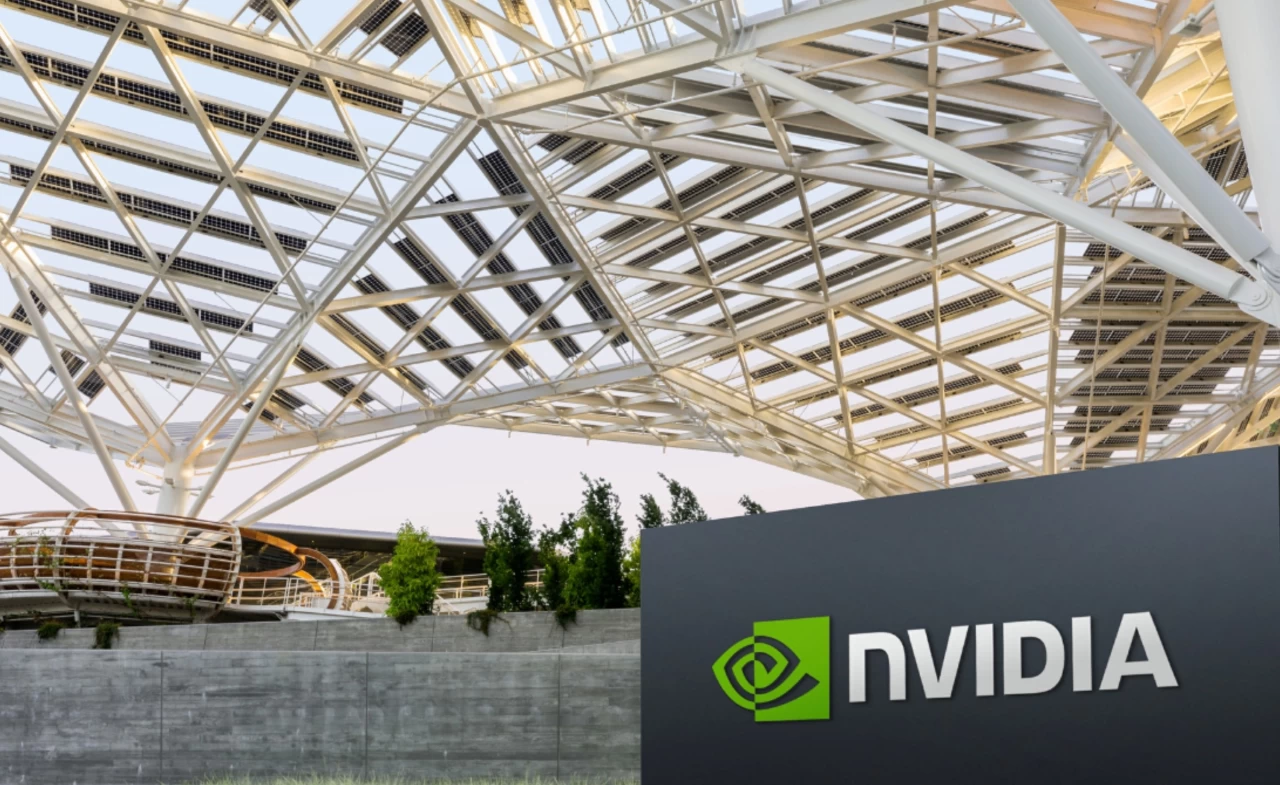Technology
China Halts Nvidia Chip Purchases, CEO Jensen Huang Reacts

China has taken a decisive step by instructing local companies to cease purchasing artificial intelligence (AI) chips from Nvidia, a move that could have significant repercussions for the tech giant’s financial standing. This directive not only reflects escalating tensions in the tech sector but also highlights the increasing competition between the United States and China in advanced technologies.
The ban comes as Nvidia has been a key player in the AI chip market, reporting revenues of approximately $13.5 billion for the fiscal year ending January 2023. The company’s chips are widely used in various applications, from data centers to autonomous systems. According to industry analysts, this decision could lead to a decrease in Nvidia’s revenue, particularly in the Asia-Pacific region, which has become an essential market for the company.
Reactions from Nvidia’s Leadership
Jensen Huang, the CEO of Nvidia, expressed disappointment over the ban, emphasizing the importance of collaboration in the technology sector. He remarked, “Technology thrives on cooperation, and we continue to seek ways to work with customers and partners across the globe.” Huang’s statement indicates Nvidia’s commitment to navigating these challenges while maintaining its position in the market.
The cessation of chip purchases is expected to affect not only Nvidia’s revenues but also its operational plans in China. The company has invested heavily in the region, establishing partnerships and local supply chains. Analysts estimate that the impact of this ban could result in a loss of up to $1.2 billion in revenue during the next quarter alone.
Broader Implications for the Tech Industry
This move by China is seen as part of a broader strategy to bolster its own semiconductor industry amidst growing competition from Western firms. The Chinese government has been actively promoting domestic alternatives to foreign technology, aiming to reduce reliance on imports. This shift is likely to accelerate the development of local AI chip manufacturers, which could pose a long-term challenge for Nvidia and its competitors.
As the global tech landscape evolves, companies like Nvidia may need to adapt their strategies to account for these geopolitical dynamics. The ongoing trade tensions between the United States and China have already led to restrictions on technology transfers, impacting various sectors beyond semiconductors.
In conclusion, the directive from China to halt Nvidia chip purchases marks a significant development in the ongoing tech rivalry. With Jensen Huang and his team facing new challenges, the response from Nvidia and its ability to navigate this regulatory environment will be crucial for its future in the global market.
-

 Technology5 months ago
Technology5 months agoDiscover the Top 10 Calorie Counting Apps of 2025
-

 Technology2 weeks ago
Technology2 weeks agoOpenAI to Implement Age Verification for ChatGPT by December 2025
-

 Health3 months ago
Health3 months agoBella Hadid Shares Health Update After Treatment for Lyme Disease
-

 Health3 months ago
Health3 months agoAnalysts Project Stronger Growth for Apple’s iPhone 17 Lineup
-

 Health3 months ago
Health3 months agoErin Bates Shares Recovery Update Following Sepsis Complications
-

 Technology5 months ago
Technology5 months agoDiscover How to Reverse Image Search Using ChatGPT Effortlessly
-

 Technology3 months ago
Technology3 months agoElectric Moto Influencer Surronster Arrested in Tijuana
-

 Technology2 months ago
Technology2 months agoDiscover 2025’s Top GPUs for Exceptional 4K Gaming Performance
-

 Technology5 months ago
Technology5 months agoMeta Initiates $60B AI Data Center Expansion, Starting in Ohio
-

 Technology5 months ago
Technology5 months agoRecovering a Suspended TikTok Account: A Step-by-Step Guide
-

 Health5 months ago
Health5 months agoTested: Rab Firewall Mountain Jacket Survives Harsh Conditions
-

 Lifestyle5 months ago
Lifestyle5 months agoBelton Family Reunites After Daughter Survives Hill Country Floods





















